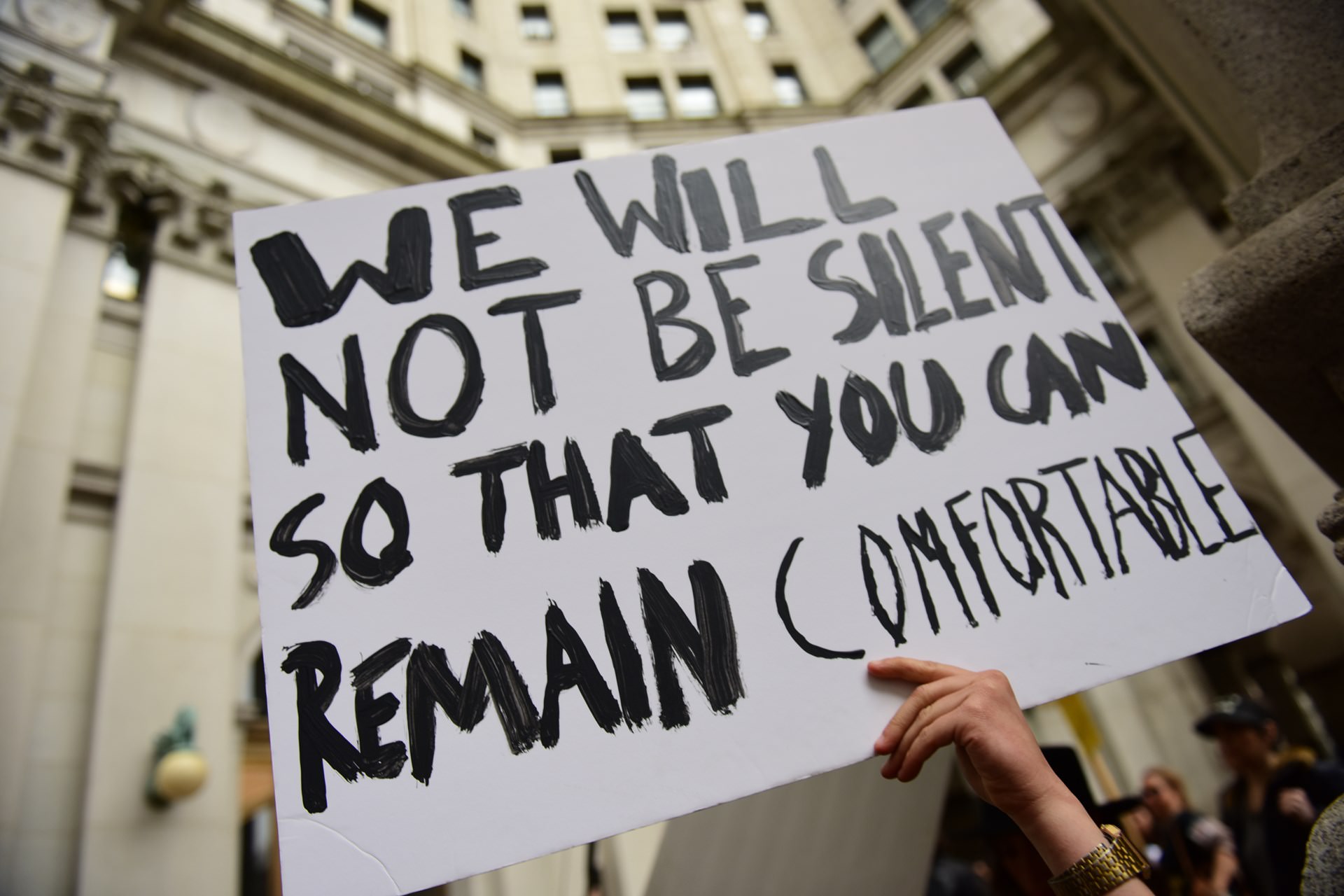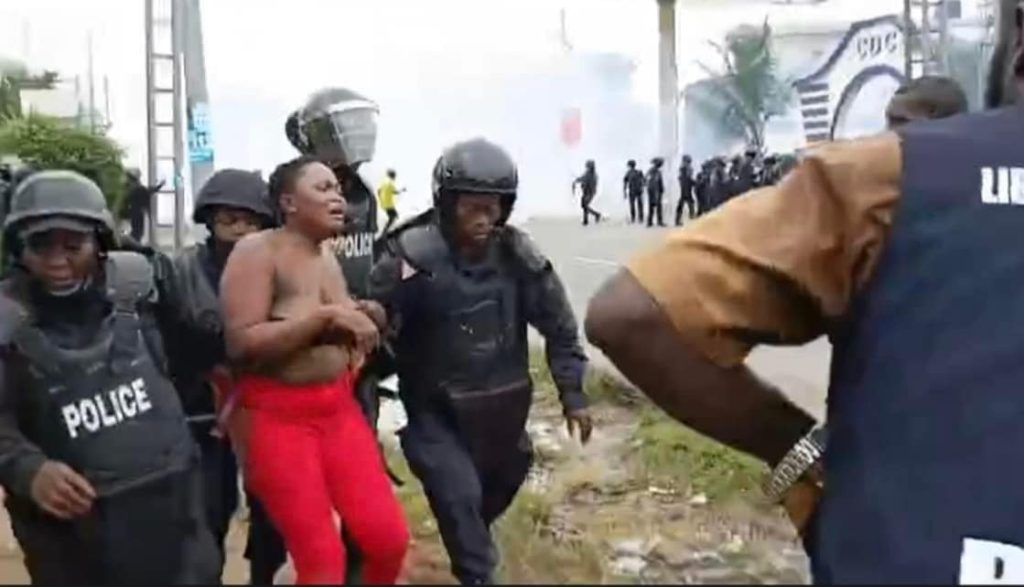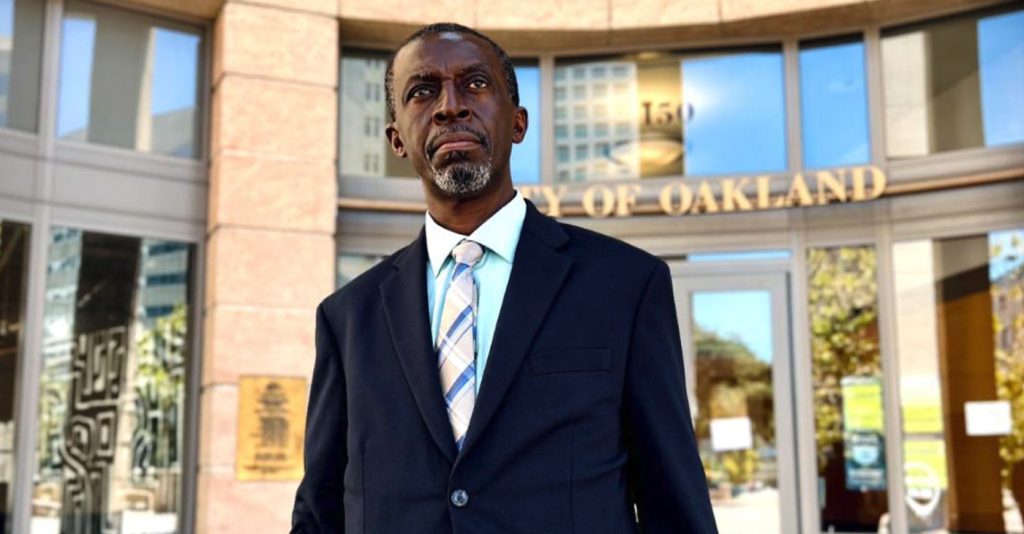Monrovia, Liberia — As President Joseph Boakai’s administration navigates its early months in office, concerns about governance, security, and the protection of fundamental rights are mounting. Criticisms from political leader and outstanding Human Rights Lawyer, Cllr. Tiawon Gongloe highlights significant missteps, particularly in the areas of security management and freedom of expression, which are raising alarm bells about the current state of leadership in Liberia.
Freedom of Expression Under Threat
The dismissals of government employees for expressing criticisms of President Boakai on social media have ignited debates about freedom of speech in Liberia. Gongloe, a former presidential candidate and vocal advocate for good governance, called attention to these actions, stating, “We have witnessed dismissals of government employees for mere criticism of the President on social media. This undermines our constitutional right to freedom of speech and fosters an environment of fear.”

These dismissals suggest a troubling trend of intolerance toward dissent within the current administration. Although Liberia’s constitution enshrines freedom of expression as a fundamental right, the government’s recent actions paint a different picture. Gongloe’s warnings echo the fears of many Liberians who now feel that their right to speak freely is under threat.
The implications are severe: in a country where democratic values were hard-won, these dismissals have the potential to reverse gains made in the realm of free speech. As Gongloe put it, “The Boakai administration must govern according to the laws of Liberia. The law is the law until it is amended, repealed, or until the Supreme Court says otherwise.”
Security Missteps and the Mishandling of Protests
Adding to the concerns is the Boakai administration’s approach to security, particularly in handling public protests and coordination during crises. Gongloe criticized the use of military forces during peaceful protests and the lack of adherence to established security protocols. “On matters of public protests, the administration has failed to follow established police protocols,” Gongloe stated, highlighting how improper security measures have exacerbated tensions.

One of the most glaring instances was the deployment of the military at the Roberts International Airport during the arrival of former President George Weah, a move deemed unnecessary and excessive. “The people who came to welcome him were unarmed and posed no threat,” Gongloe emphasized, warning that such actions set dangerous precedents for the misuse of military power in civil matters.
Beyond the mishandling of protests, Liberia’s recent security lapses were laid bare when key officials, including Vice President, the Minister of Justice, and the Police Inspector General, were all out of the country during a violent incident at the headquarters of the Coalition for Democratic Change (CDC). “There is a need for coordination to avoid a repeat of this kind of situation,” Gongloe urged, pointing to the absence of top security officials as a critical failure that compromised public safety.
Governance Protocols in Question
The lack of adherence to proper protocols during these events underscores broader governance issues within the Boakai administration. Proper chain-of-command structures and security measures are essential to maintaining public order, especially in a country with a history of political violence. Gongloe’s critique is a call for the government to establish and follow clear security procedures that prioritize civilian safety and respect for democratic norms.
The implications of these security failures extend far beyond the immediate crises. They reflect a broader trend of governance mismanagement that threatens to destabilize the nation if not urgently addressed. “Government should avoid security lapses,” Gongloe said, advocating for better planning and coordination among Liberia’s security agencies.
A Call for Change
The criticisms laid out by Gongloe present a stark challenge to the Boakai administration: to govern with transparency, respect the rule of law, and protect the rights of all Liberians. His call for an inclusive government that values accountability and the rule of law serves as a reminder that the administration’s current trajectory must change if Liberia is to progress.
As Gongloe concluded, “A better Liberia is possible with people-oriented policies and leadership.” The administration’s ability to heed these warnings and address the missteps will determine the course of Liberia’s democratic journey in the coming years.
Liberians, both at home and abroad, are watching closely, hoping for a leadership that not only listens but acts in the best interest of its people.
Liberian-born Emmanuel Orlind Cooper is an accomplished multimedia journalist with extensive experience covering news and stories on a variety of media platforms. Orlind's work frequently demonstrates his profound grasp of the region and its complexity, given his Liberian heritage.
Now residing in Woodbridge, Virginia, he keeps connecting with readers across continents with his perceptive journalism and sharing his viewpoint. He is well-respected in the sector because of his unwavering commitment to honesty and morality, which sets him apart in the field.
Orlind's work is more than simply his job; it's a dedication to giving voice to the voiceless, illuminating unsung tales, and advancing the worldwide conversation on important concerns. His goal as a journalist is to use the media's power to change the world, not just to disseminate information. He is a key player in modern journalism because of the inspiration, education, and engagement that his work consistently provides.


